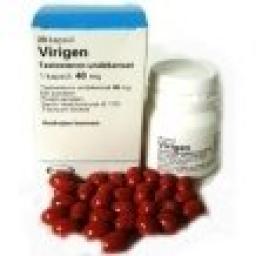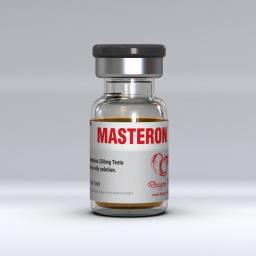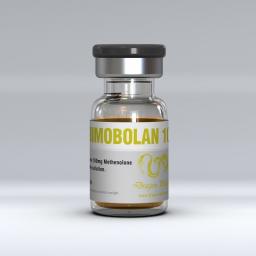It has been known for a long time that when a person consumes a dose of glucose orally, the body releases a greater quantity of the glucose-reducing hormone insulin than if the same quantity of glucose was injected directly into the bloodstream through a vein. This difference in insulin release is due to the action of a separate hormone called incretin, which is produced in response to the ingestion of food by the intestine.
While the presence of an increased concentration of glucose in the blood stimulates the pancreas to produce the hormone insulin, the function of incretin is to further stimulate the secretion of insulin by the pancreas. The resultant lowering of blood glucose is termed the “incretin effect” – a physiological response by the body to manage an influx of glucose that comes from the digestion of glucose-producing foods.
Incretins are Peptide Hormones
Chemically, the incretins are peptides – hormones that the normal gut releases into the bloodstream in response to food. In recent times, research workers have found that in people who have type II diabetes, this incretin response is reduced, and this results not only in a relative lack of Insulin available to metabolise the glucose load, but also a failure of appetite suppression (which usually occurs when the bloodstream receives a load of glucose).
The findings have opened up a new avenue of therapy for the management of diabetes. If the activity of the incretin system could be enhanced, the lack of nutrient-induced insulin secretion and the consequent inappropriate rise of blood sugar levels (termed hyperglycaemia) could be better controlled.
The development of drugs to manipulate the incretin system has been going on for several years. This research work has revealed much about the how the body brings about glucose homeostasis and the effects of type 2 diabetes. Based on currently available evidence, these new drugs will provide additional therapies for type 2 diabetes.
In order to increase the amount of incretin available to act on the pancreas to stimulate insulin release when the body is subject to an ingested glucose load, pharmacologists must either find a way of administering incretin artificially or devise an enzyme that inhibits the natural breakdown of incretin.
Read on
Understanding Diabetes
Diabetes is a complex disease and medical references written about it can be hard to understand but the major points are really pretty simple.
Since incretins are metabolised by an enzyme termed dipeptidyl peptidase, selectively inhibiting this enzyme is a good method of increasing the concentration of circulating incretins, and this is the path being followed today by pharmacologists.
A key set of data that will become available over the next few years will highlight the effect of these drugs on the pancreatic islets, with particular emphasis on their ability to prevent or delay secondary β cell failure. Should the use of incretins be shown in patients with type 2 diabetes to prevent or delay failure of the pancreatic β cells (which produce Insulin), then a strong case could be made for starting these drugs very early in the disease, perhaps even in the pre-diabetic phase.
Future Directions in Diabetes Treatment
Incretin-based therapies offer a new approach for the management of type 2 diabetes, with a mechanism of action distinct from any existing class of glucose-lowering agents
Legit Steroid Products on Sale
Virigen
|
Legit Masteron 200
|
Legit Primobolan 100
|


